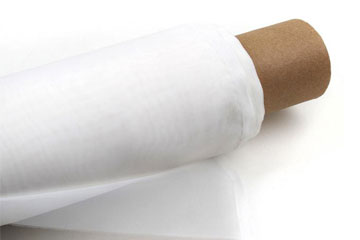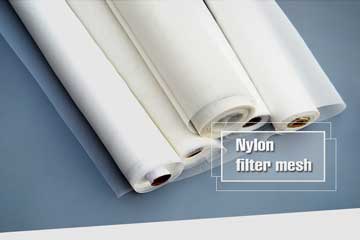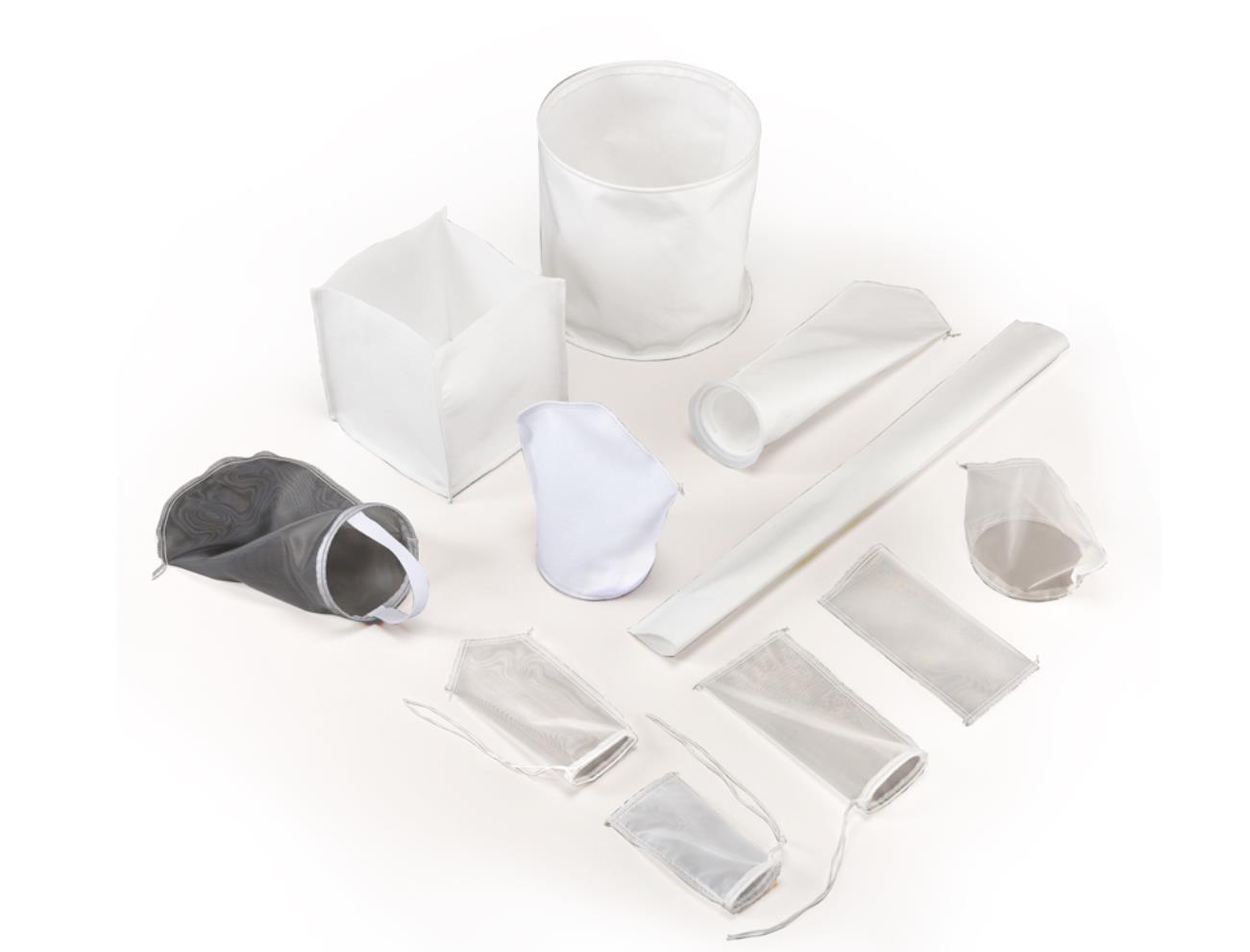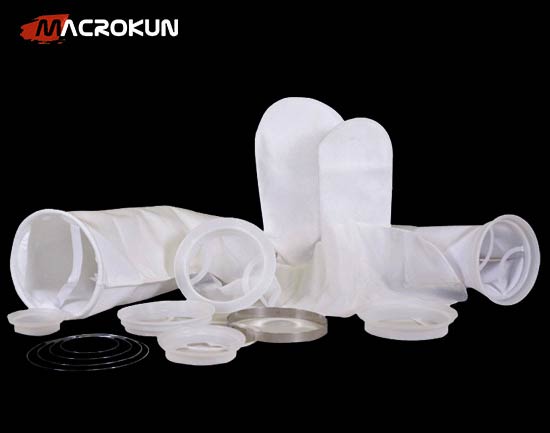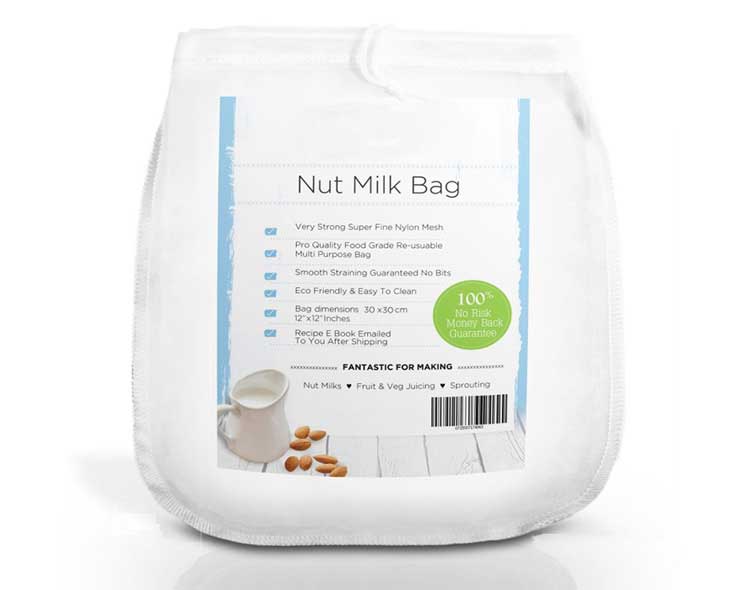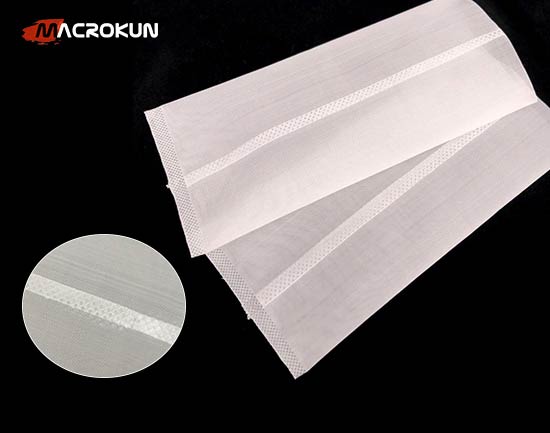Find the right nylon membrane filter supplier — pick quality, not just price
A nylon membrane filter supplier is not a commodity vendor — they are a partner in process quality. Treat filtration consumables as performance-critical items: require documentation, validate samples, standardize formats, and keep a small buffer stock. Wi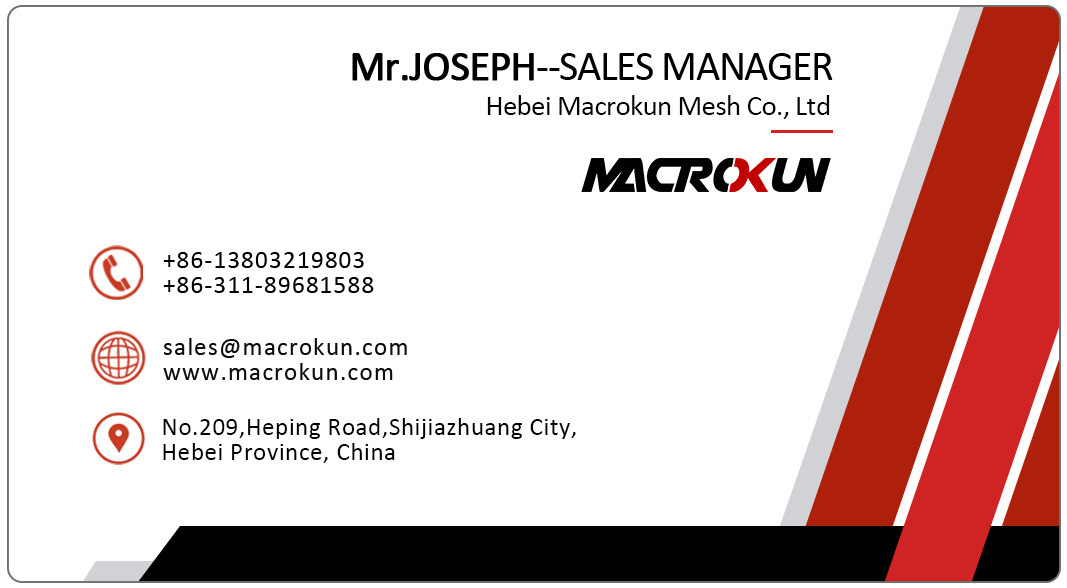
Choosing a nylon membrane filter supplier is one of the simplest decisions that can have the biggest impact on laboratory uptime and data quality. The wrong filter or an inconsistent supplier creates clogged instruments, unexpected background signals, and wasted time. The right partner delivers consistent pore size, clear documentation, predictable delivery and material compatibility so your team can focus on results — not troubleshooting.
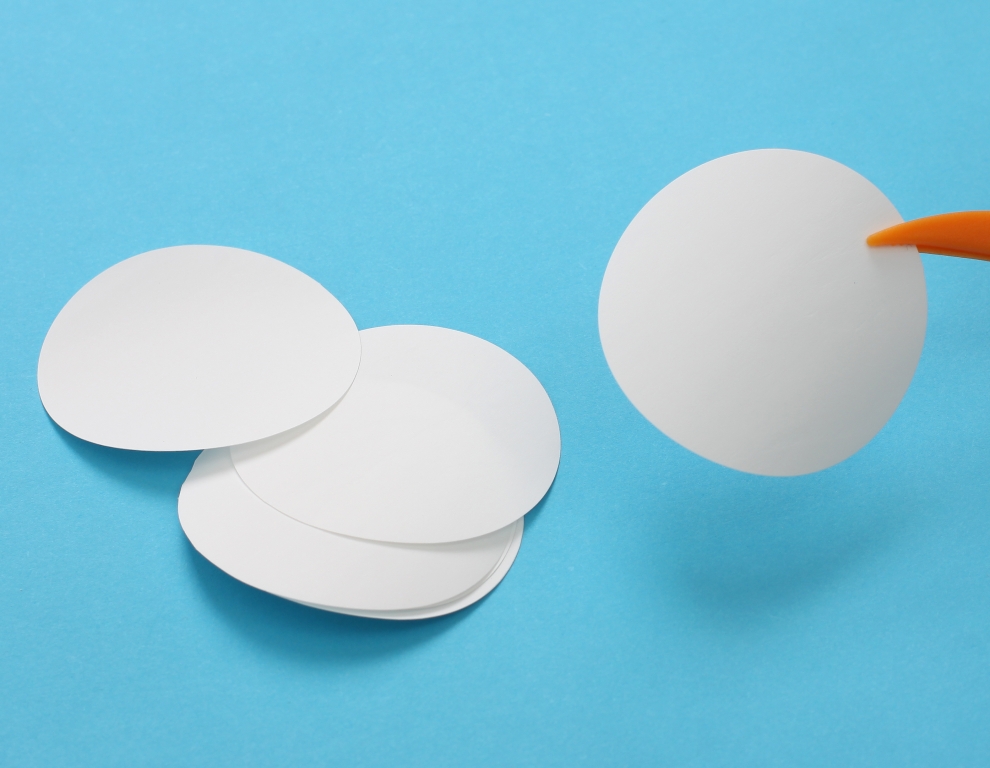
What a nylon membrane filter supplier should offer
A good nylon membrane filter supplier provides more than a catalog. They provide clear datasheets, certificates of analysis (COA), sample packs for validation, and guidance on which format and pore size fit your workflow. Look for suppliers that sell both standard consumer pack sizes and larger bulk orders; that flexibility means you can trial a product quickly on the bench and scale confidently into production volumes when validation completes.
Understand the formats — how your supplier’s range matters
One reason the choice of nylon membrane filter supplier matters is format availability. Nylon membranes come in multiple physical formats that match specific tasks:
-
Syringe filters (common 13 mm, 25 mm) — ideal for one-off HPLC sample prep and quick checks.
-
Disc filters (25 mm, 47 mm, 90 mm) — used in manifolds and batch clarifications.
-
Rolls or sheets — for large-scale or custom housings.
A supplier with a broad format range helps you standardize consumables across workflows and minimize fitment problems.
Pore size decisions — what to ask your supplier
When you contact a nylon membrane filter supplier, the first technical question you’ll need answered is pore size. Common choices are 0.45 µm for general clarification and 0.22 µm for finer particulate or sterile requirements. Ask the supplier for pore distribution data on the COA — nominal pore size alone doesn’t guarantee lot-to-lot uniformity. A trustworthy supplier will provide lot-specific documents and sometimes test data on extractables or bubble point where relevant.
Material compatibility and COA — non-negotiables
A serious nylon membrane filter supplier publishes solvent compatibility charts and extractables/leachables data. Nylon is hydrophilic and performs well with many aqueous and polar-organic systems, but not all chemistries are suitable. For trace work, insist on COAs and request a small sample to test for unexpected peaks or color changes. Suppliers who are transparent about material limitations reduce downstream surprises.
Sample validation — how to make your supplier prove it
A practical way to manage risk is to request a sample pack from your nylon membrane filter supplier and run three quick tests:
-
Flow and throughput with your representative sample.
-
Filtrate inspection for clarity, color or odor indicating extractables.
-
Fit and mechanical handling — check seals and look for tears under your typical pressure.
If a supplier resists providing samples, treat that as a red flag. The best suppliers expect you to validate before scaling to bulk orders.
Packaging and pack sizes — match procurement to usage
Suppliers offer a wide range of pack sizes: single syringe filters for R&D, 25–100 packs for routine lab use, and large cartons for production. A flexible nylon membrane filter supplier lets you buy what you need now and scale later — useful when moving from method development to full production. Also confirm sterilization options if your application requires sterile filters.
Price vs. total cost — why a slightly higher price can pay off
When you evaluate quotes from a nylon membrane filter supplier, don’t focus solely on sticker price. Poor-quality membranes can cause column failures, extra runs, and instrument maintenance costs that quickly eclipse small procurement savings. Consider total cost of ownership: frequency of replacements, impact on downstream equipment, and the supplier’s technical support.
Lead time, MOQ and logistics — the supplier’s service matters
A competitive nylon membrane filter supplier balances price with service. Ask about lead times, minimum order quantities, and how they handle deviations or urgent restocks. Short lead times and local stocking options reduce the risk of production interruptions. If you plan to source internationally, confirm customs timelines and whether the supplier offers batch lot traceability.
Warranty, returns and after-sales support — include these in evaluation
Strong suppliers stand behind their products. Ask your nylon membrane filter supplier about warranty terms, acceptance testing windows for incoming lots, and return policies. Good after-sales support includes technical troubleshooting, replacement policies for defective lots, and willingness to partner on validation protocols — features that matter more than the lowest price.
How to compare multiple suppliers quickly
Create a comparison grid that lists: available formats, pore sizes, COA availability, sample policy, pack sizes, lead times, MOQs, and price per unit. Score each supplier on documentation, responsiveness, and logistics reliability. A nylon membrane filter supplier that scores well across these categories will reduce procurement friction and support consistent lab performance.
Common pitfalls when choosing a supplier — and how to avoid them
Avoid these mistakes:
-
Choosing solely on price: cheap membranes often mean variable pore size and higher extractables.
-
Skipping COA checks: you need evidence that each lot meets specs.
-
Overlooking packaging and sterility: wrong packing can lead to contamination during storage.
-
Assuming compatibility: always validate with your actual sample matrix.
A short validation protocol and clear supplier requirements eliminate most of these pitfalls.
Practical checklist to send to prospective suppliers
When you contact potential nylon membrane filter supplier candidates, send this checklist:
-
Request COA and extractables data for the part and lot.
-
Ask for sample packs for on-bench validation.
-
Confirm available formats, diameters and pore sizes.
-
Inquire about sterilization options and shelf life.
-
Request lead time, MOQ and return/warranty policies.
-
Ask for references from customers in a similar industry.
This short list forces suppliers to demonstrate readiness to support your needs.
Real-world case — better supplier, measurable gains
One QC lab standardized on a vetted nylon membrane filter supplier after repeated column fouling incidents. They ran a short validation on a trial pack and required COAs for every incoming lot. Within a quarter, column replacements fell and throughput rose, paying back the small premium paid per filter. That example shows how supplier choice turns into operational savings.
Final recommendation — turn procurement into process control
A nylon membrane filter supplier is not a commodity vendor — they are a partner in process quality. Treat filtration consumables as performance-critical items: require documentation, validate samples, standardize formats, and keep a small buffer stock. With the right supplier you protect instruments, reduce reruns and make filtration a predictable part of your workflow rather than a recurring problem.
RELATED PRODUCTS
RELATED ARTICLES
Tags:
